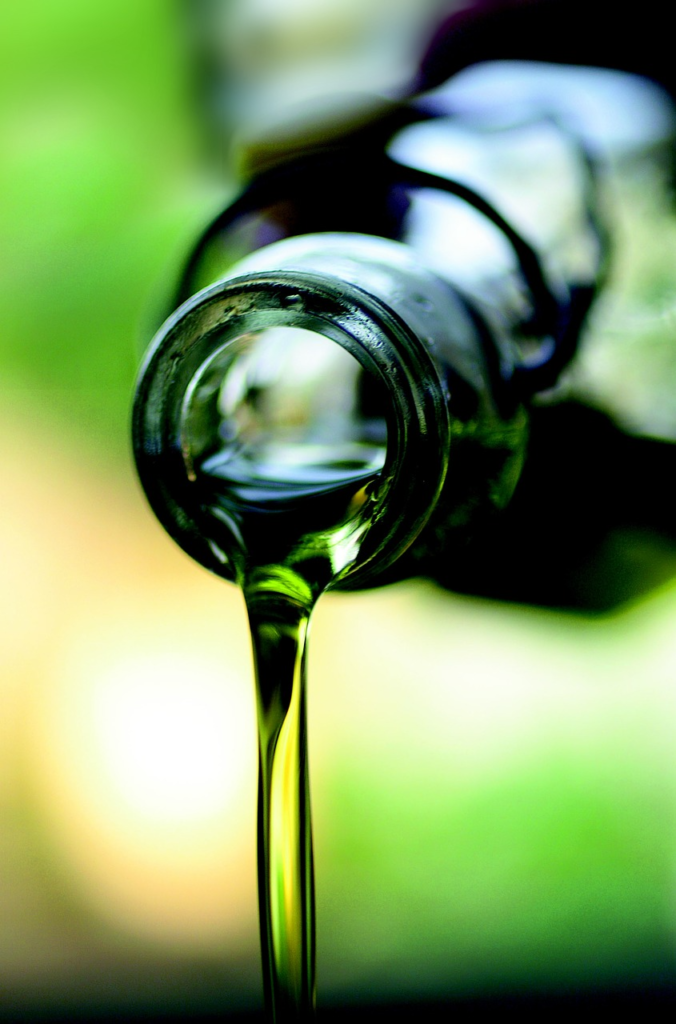Olive Oil: The Golden Essence of Turkish Culture 🌿🍈✨
Olive oil is internationally beloved for its numerous health, beauty, and culinary benefits. Turkey, particularly in regions like Izmir, Muğla, and Aydın, is a major player in the olive oil industry, thanks to its ancient olive groves in the Aegean region.
This article delves into the world of olive oil, exploring the different types produced in Turkey, their health benefits, cultural significance in Turkish cuisine & society, and traditional practices related to this versatile product.
Olive oil is categorized into three types: Extra Virgin Olive Oil (EVOO) 🥇, Virgin Olive Oil (VOO) 🥈, and Olive Oil 🥉. EVOO, the highest quality, is produced by cold-pressing olives, retaining the most nutrients and a rich flavor. VOO and Olive Oil, produced using heat and chemicals, are less flavorful and nutritious but still healthier than other vegetable oils.
Cold pressing is the best way to reap the full benefits of olive oil. Unlike other methods that use heat and chemicals, cold pressing preserves the oil’s natural nutrients, antioxidants, and healthy fats, giving it a richer flavor and higher nutritional value. Preliminary research suggests that cold-pressed olive oil may help prevent certain cancers due to its high content of polyphenols, though more research is needed.
Olive oil is indispensable in Turkish cuisine 🍽️, enriching a wide array of dishes with its distinctive flavor. It’s a key ingredient in savory ‘zeytinyağlı’ dishes 🥗, flavorful meze 🍢, and even desserts 🍰. Its regular consumption as part of the Mediterranean diet has been linked to numerous health benefits, making it invaluable in Turkey’s cultural and culinary landscape.
Beyond cuisine, olive oil plays a vital role in Turkish beauty practices 💆♀️ and household maintenance 🧼. Its moisturizing and nourishing properties make it ideal for skin softening, hair conditioning, and handmade soaps and lotions. In the household, it’s used as a natural cleaning agent, wood lubricant, and even a remedy for common ailments.
Olive oil also has a unique place in Turkish sports and entertainment 🤼♂️, continuing the ancient Greek tradition of athletes slathering themselves in olive oil before competitions. This tradition is alive in Edirne’s olive oil wrestling competitions, showcasing the incredible versatility of olive oil.
In conclusion, olive oil is an essential part of everyday life in Turkey, representing not just the country’s cuisine but its history, traditions, and customs as well. From centuries-old traditions to modern-day practices, this golden liquid is deeply woven into the fabric of Turkish culture. 🌟🌍

Great article, Sheila!!! 😁
Thank you Pat, I’m also glad the reply system is working.